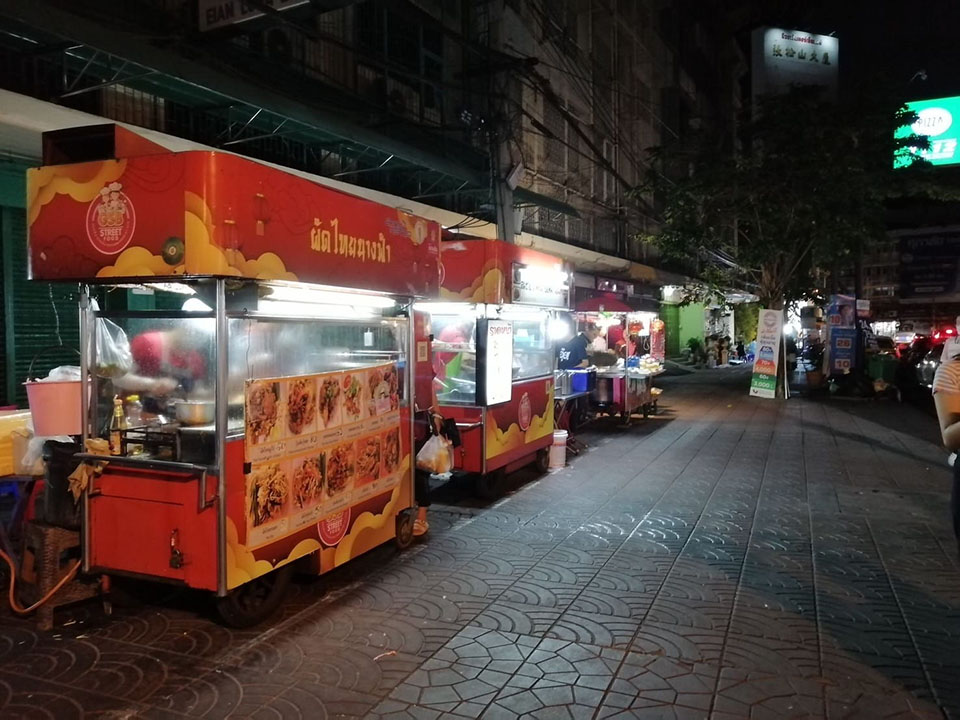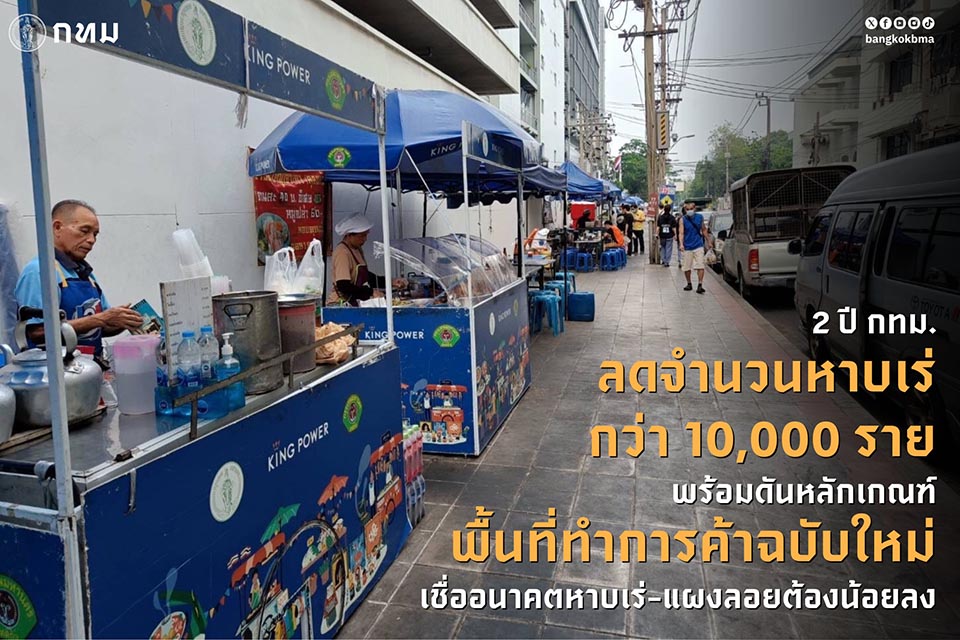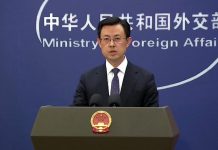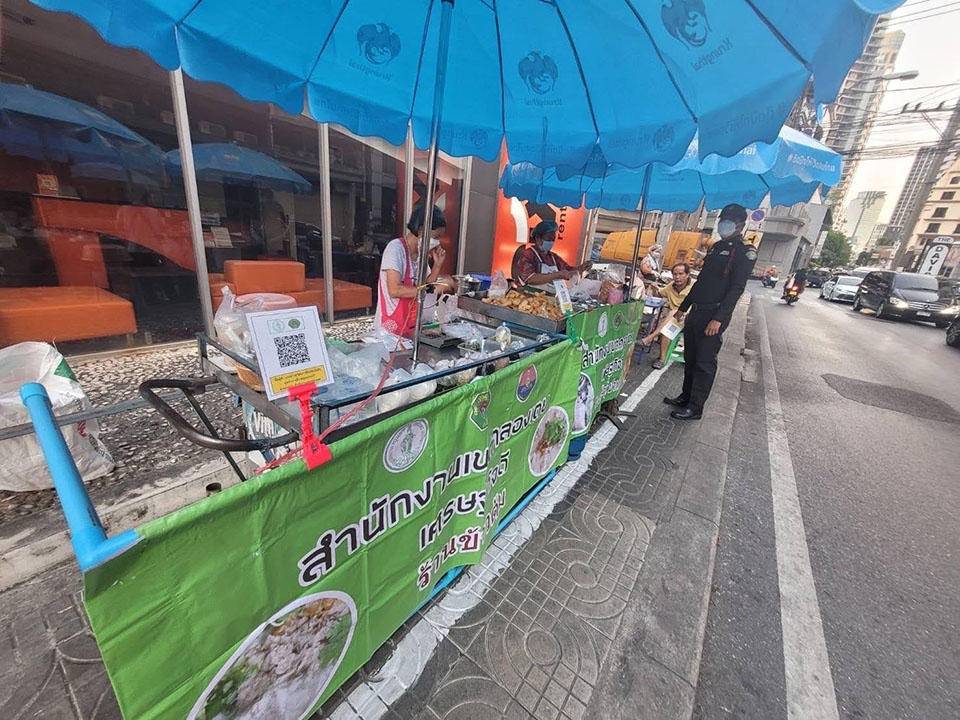
BANGKOK, Thailand – Over the past two years, the Bangkok Metropolitan Administration (BMA) has successfully reduced the number of street vendors by more than 10,000. In an effort to further regulate street vending and promote organized trading spaces, the BMA has introduced new guidelines and criteria for street trading areas. Governor Chadchart Sittipunt believes that the future will see a further decline in the number of street vendors, with more traders moving into designated spaces.
During the 10th meeting of the BMA’s departmental heads, held at the Rattanakosin Room of the Bangkok City Hall on October 3, Governor Chadchart discussed the new regulations outlined in a BMA announcement, dated August 29, 2024. These regulations focus on the guidelines, methods, and conditions for designating street vending areas. The policy aims to ensure transparency and efficiency in managing street vendors by involving experts from various sectors in the process.
Governor Chadchart explained that street vending is deeply ingrained in Bangkok’s culture, with many people using public spaces to make a living. However, the future vision is to reduce street vending and encourage vendors to relocate to designated areas, similar to Singapore’s Hawker Centers. These regulated spaces would improve the quality of life for vendors, ensure public pathways remain clear, and create a more orderly city.
The BMA does not plan to expand street vending areas. Instead, it will review existing designated areas to determine if they comply with the new regulations. If an area is deemed unsuitable, it will be revoked. Vendors will need to register within 15 days to be considered for the new system. The BMA also emphasizes that vendors must maintain cleanliness in their areas or risk losing their permits.
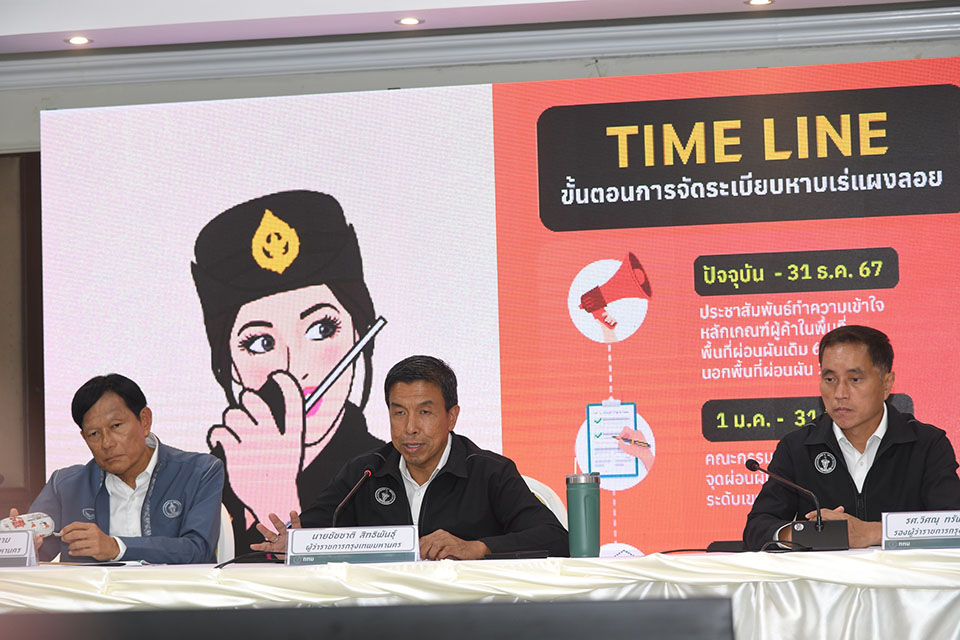
The review process for street vending permits will occur every two years for roads with three or more lanes, and annually for roads with one or two lanes. Permits will not be granted for life, as the goal is for vendors to eventually transition from public sidewalks to organized spaces or private areas. Additionally, vendor permits are non-transferable and cannot be leased or sold to others.
“We believe these measures will improve the quality of street vendors and their businesses while making the city more organized. In the past two years, we’ve reduced the number of street vendors by over 10,000, and we’re working to create more Hawker Centers to accommodate vendors without blocking public pathways,” Governor Chadchart said.
From now until December 31, 2024, the BMA will continue to promote understanding and review existing designated areas. Between January 1 and March 31, 2025, committees at the district, department, and inspector levels will evaluate the areas and traders. The final results, including any changes to designated vending areas, will be announced in June 2025.
While there are many steps still to be taken, the BMA remains committed to maintaining order and regulating street vending across the city. (TNA)
